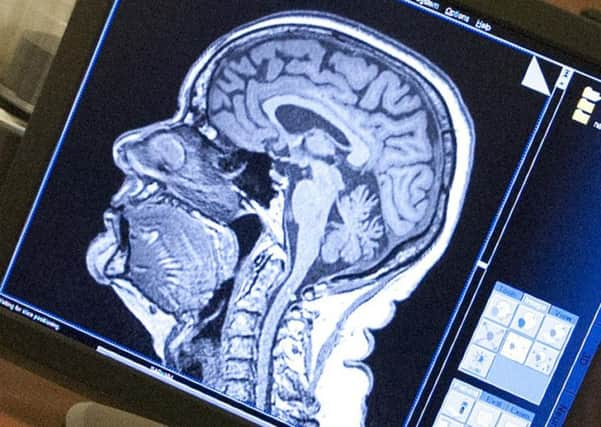Young people with behaviour problems '˜wired differently'


In a study, published today, neuroimaging methods were used to examine young people with the condition conduct disorder – which has symptoms ranging from lying and truancy to physical violence and weapon use.
Researchers from the universities of Bath, Cambridge and the California Institute of Technology set out to understand more about the wiring of the brain in adolescents with conduct disorder.
Advertisement
Hide AdAdvertisement
Hide AdThey used functional MRI scans of young people with conduct disorder, as well as typically-developing teens, to analyse the amygdala – a key part of the brain involved in understanding the emotions of others – and how it communicates with other parts of the brain.
Previous studies suggested that adolescents with the condition struggle to recognise angry and sad facial expressions and the latest research found they had significantly lower amygdala responses to them.
They found those with conduct disorder showed abnormal connectivity between the amygdala and the brain’s prefrontal cortex – the region responsible for decision making and behavioural inhibition.
Contrary to previous thinking, youths with conduct disorder and high levels of psychopathic traits - the term used to define deficits in guilt, remorse and empathy - showed normal connectivity between these areas.
Researchers say this finding could help explain why young people with the condition struggle to control and regulate their emotions, which may make them more susceptible to developing anxiety or depression.
Dr Graeme Fairchild, from the University of Bath’s department of psychology, said: “These results may explain why young people with conduct disorder, but without psychopathic traits, find it difficult to control their emotions – especially strong negative emotions like anger.
“The parts of the brain that are normally involved in regulating the emotional parts of the brain appear less able to do so in the youths with conduct disorder alone.
“Over time, this could lead to them developing co-morbid mental health problems like depression or anxiety, whereas youths with psychopathic traits might be protected from developing such problems.”